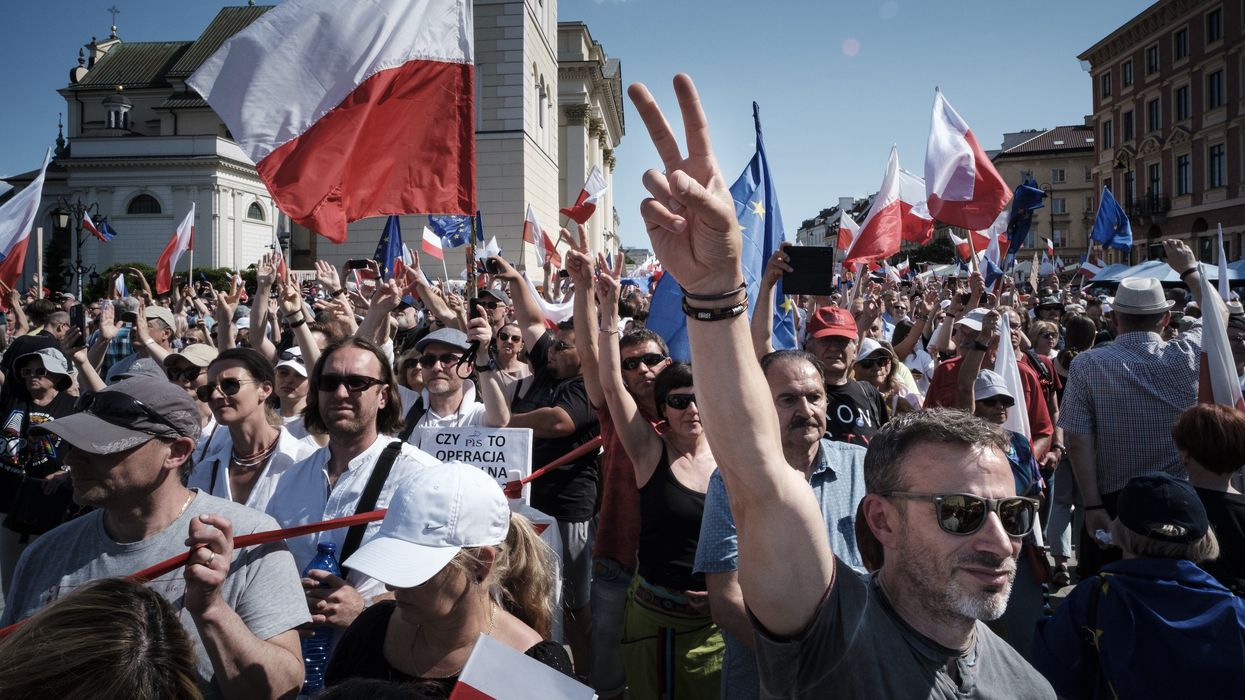GZERO Europe
Can the EU get aid to Gaza?
Can Europe help with the humanitarian crisis in Gaza? What's going to be the effect of the Polish election? Carl Bildt, former prime minister of Sweden, shares his perspective on European politics - this week from the airport in Milan.
Oct 18, 2023


